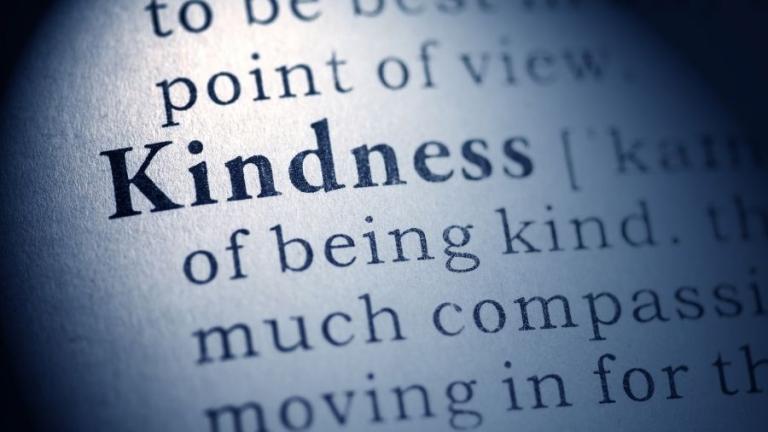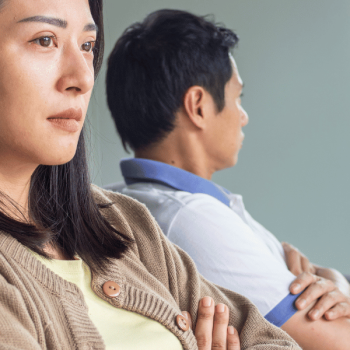In today’s culture, our kindness is transformative
Can we agree that our world is in desperate need of change? We are becoming more harsh, more divided. We see a rise in “despair deaths”—alcoholism, drugs, and suicide. We’ve all bemoaned that incivility has reached epic proportions.
But our culture is not going to fix itself. Instead, we are sent by God to be that agent of change. He has given us His truth, His love, His kindness—and we are to be the potent presence that transforms everything around us.
And that means being willing to be an agent of change with—here’s the hard part—one person at a time.
There’s no such thing as engaging a culture. A culture is made of people. We engage with each individual person. Which means accepting Jesus’ mandate to truly love and treat with kindness that one person in front of us (the argumentative stepfather, the frustrating colleague, the needy friend) or that exasperating person we are debating online.
Jesus gives us no exceptions to this. We are not given permission to tweet back a cutting remark to someone who is spouting off damaging and untrue ideas. When that back-stabbing nemesis at work responds poorly and harshly to our proposal, we aren’t given a bit of leeway to badmouth him to our close colleagues. In fact, very much the opposite: We are particularly called to be kind when we most don’t want to be. (See Luke 6:27-36 as just one example.)
We can and should enforce boundaries, speak the truth, and advocate for what we believe in—but we never have the excuse to be unkind while we are doing it. Being unkind sets off the opposite domino effect—one that rarely achieves what we are going for.
Bottom line—we have to make a purposeful effort to truly be in the world (engaging even the difficult situations) without being of the world (without ever being difficult ourselves).
And when we do this, according to our national research study, here’s how those one-on-one choices will change our culture’s deep patterns of hurt.













